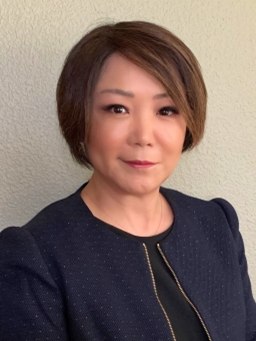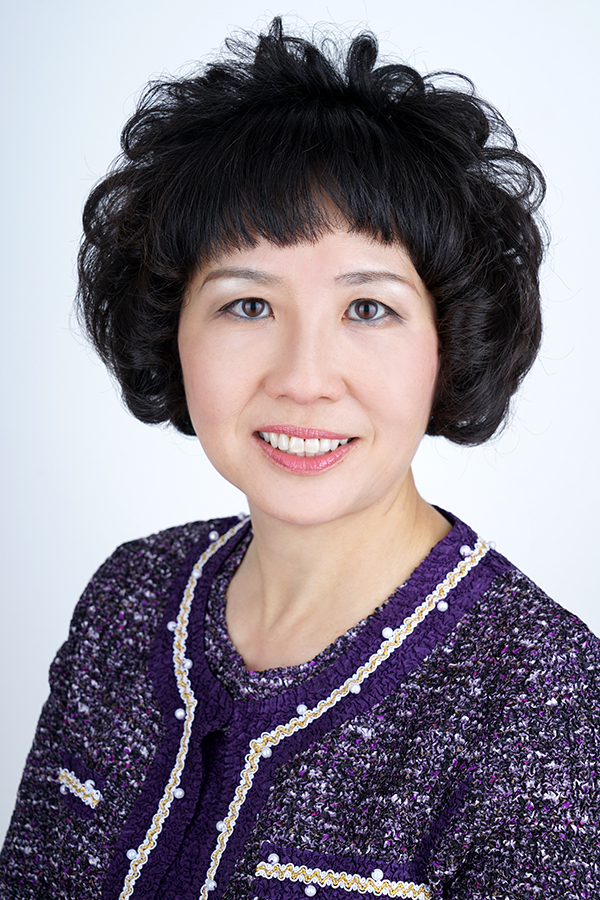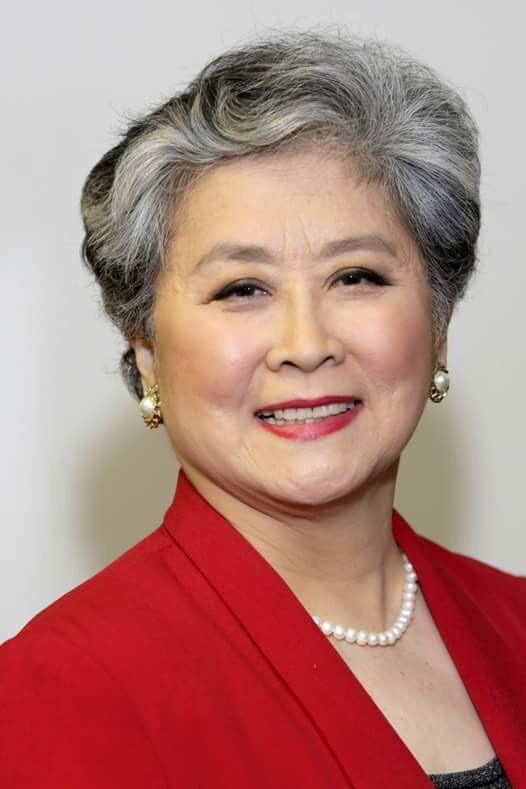
Creating Equity in Engagement for Older Chinese/AAPI Americans at the Community Level
-
Register
- Learner - Free!
| As many as seventy percent of the Asian-American Pacific Islander (AAPI) immigrant population have limited English proficiency or no English-speaking skills. As a result, many AAPIs are unaware of and underutilize available information, services and resources, especially those who are monolingual and/or socially isolated older adults. Government agencies, nonprofit service providers, and the private sector often feel that Chinese-American/AAPI elders have been hard to reach due to language, cultural and other barriers that may prevent them from achieving health, financial and information equities. Happy50Plus, a mission-driven, community-based organization that serves older Chinese-American/AAPIs in the U.S., has been able to reach and engage thousands of older Chinese-American/AAPI. Their website (www.happy50plus.org) has 10,000+ visits per month, both new and repeat traffic. Similar outstanding metrics have been documented on the social-media channels (FB, Twitter, IG, WeChat, Line, YouTube) on which Happy50Plus has a presence. Educational community-outreach events sponsored by Happy50Plus attracted 300-800 attendees, prior to 2020. In 2020, due to Covid-19, Happy50Plus pivoted all events to the virtual platform--events were still able to attract hundreds of attendees online. In addition, membership had grown 200 percent in 2020. This demonstrated there is a great need for an organization like Happy50Plus. This workshop will share how a community-based organization has been able to engage 50+ Chinese-American/AAPIs by the thousands. What are the engagement strategies that prove to be successful with the Chinese-American/AAPI elderly? What are the culturally competent and innovative tools they use to close the language, cultural and digital gaps? Objectives of this panel: 1. Learn the challenges of engaging Chinese American/AAPI elderly, especially those who are monolingual and socially isolated 2.Understand how leveraging diverse community leaders, government agencies, business partners, academia, and social services professionals will help raise awareness of local resources in southern California among older Chinese Americans and their families 3. Develop a clear understanding of how key community-focused initiatives for outreach and engagement were established using culturally competent tools (WeChat and apps) 4. Apply powerful culturally and language-appropriate tools to attract Chinese American/AAPI elderly, including the use of apps and storytelling 5. Learn ways to replicate these grassroots engagement strategies for your organization’s outreach efforts. |

Amanda Lee
CEO and Co-Founder
Happy50Plus, LLC
| Amanda Lee is a social innovator, cultural visionary, and leading authority on ethnic media. She co-founded Happy50Plus in 2018--a socially conscious and consumer-centric free membership organization that helps the underserved AAPI 50+ population in the U.S. Happy50Plus currently serves more than 6,500 AAPI older adults by providing in-language information, resources and learning opportunities to members, their families and caregivers. During the COVID-19 Safer-At-Home period, Happy50Plus became a trusted source of information in real time for many monolingual and socially isolated older adults. Representatives of the public, private, nonprofit and academic sectors recognize that Happy50Plus is a go-to resource and key partner in their community outreach work. In 2020, Amanda was honored with the NCOA Trailblazer in Aging Award for her vision and passion to close the equity, language and digital gaps for older AAPIs. Before launching Happy50Plus, Amanda had owned and guided the business strategies of several leading Chinese-language television stations and emerging media companies for over 25 years. Her TV channels had reached an audience surpassing two million. She has been widely quoted in Chinese- and English-language traditional and social media regarding multicultural media, aging, and innovation. Amanda received her Master in Science degree concentrating on Media Marketing and Advertising from Boston University. |

Susan Wang
Senior Advisor
AARP
| Susan’s career at AARP started in 1989 as a Systems Administrator in ITS. Currently, as senior advisor of AARP’s ITS mainframe, Wang manages the organization’s database of nearly 38 million members on a 24/7 basis. She co-founded AARP’s Asian American Employee Resource Group which has enhanced employees’ personal and professional experiences and helped AARP engage the Asian American communities around the country. Susan has been invited to speak at different organizations on topics including housing, finance, livable communities, and others issues of interest to seniors and baby boomers. She also wrote bi-weekly articles on aging related subjects for two community newspapers in southern California Outside of work, Wang is also actively involved with many organizations in Southern California. She served as the secretary of the U.S. Eden Foundation for People with Disabilities, a board member of the California State Polytechnic University’s Alumni Association, a member of Los Angeles County Long-Term Care Coordinating Council, and the VP of the Educational Foundation of American Association of University Women (AAUW) Arcadia branch. Wang received an MBA degree from Pepperdine University in 1994 and a Masters of Arts in Gerontology degree from the University of Southern California in 2004. |

Lily Liu
Family Caregiver
Lily Liu is a family caregiver for her mother who has had Parkinson's Disease for almost four decades and is now living with early-stage dementia. Her parents were refugees escaping the civil war in China in the late 1940s and spent almost five years in a refugee camp in French Indochina (now Vietnam) in the early 1950s. Lily immigrated from Taiwan as a child and grew up on the East Coast of the United States. Her career was spent in the non-profit sector in the field of strategic communications and public outreach. After the death of her father, Lily took a hiatus from the workplace to care for her mother. She currently engages in consulting work, in particular, delivering speeches about empowering family caregivers at community-education events. Lily is fluent in speaking Mandarin Chinese and highlights in her presentations the challenges experienced by immigrant family caregivers who face issues of generational trauma in addition to caregiving responsibilities. Her hobby is literary translation and her translations of the essays of contemporary Chinese women writers have been published in the United States and Asia.
